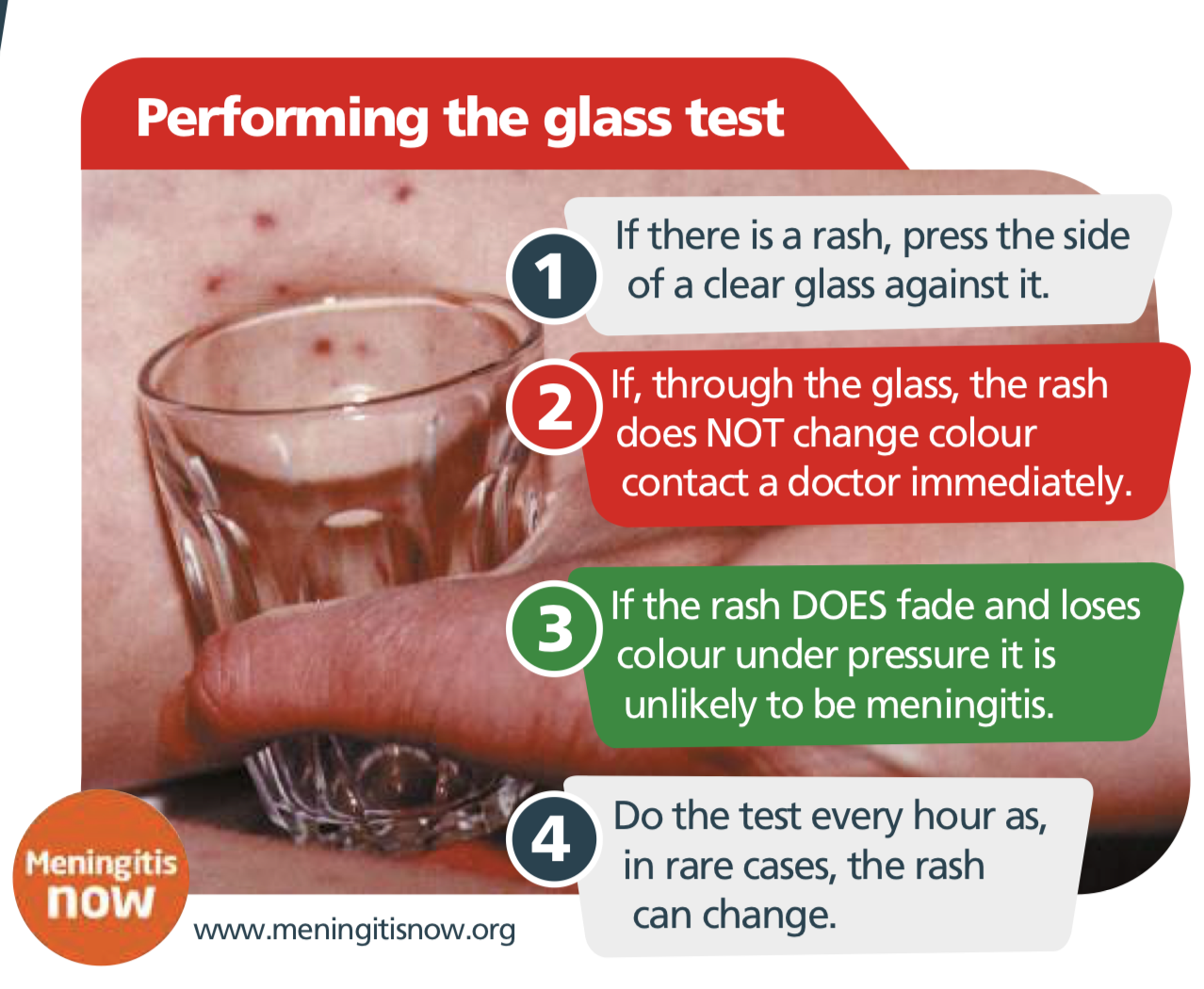Colic can cause excessive, frequent crying in a baby who appears to be otherwise healthy. It's a common problem that affects up to 1 in 5 babies. Although the cause is unknown, it is likely to be due to intestinal discomfort like bowel cramping.
Colic tends to begin when a baby is a few weeks old. It normally stops by 4 months of age or by 6 months at the latest.
Looking after a colicky baby can be very frustrating and distressing, but the problem will eventually pass and is usually nothing to worry about.
Signs and symptoms of colic include:
· Your baby often starts crying suddenly. The cry is high-pitched and nothing you do seems to help
· The crying begins at the same time each day, often in the afternoon or evening
· Your baby might draw their legs up when they cry
· Your baby might clench their hands
· Your baby's face might flush
· The crying can last for minutes or hours. A baby with colic cries for 3 hours a day or more
· The crying often winds down when your baby is exhausted or when they have passed wind or poo
Watch the video below about colic and crying by Best Beginnings





